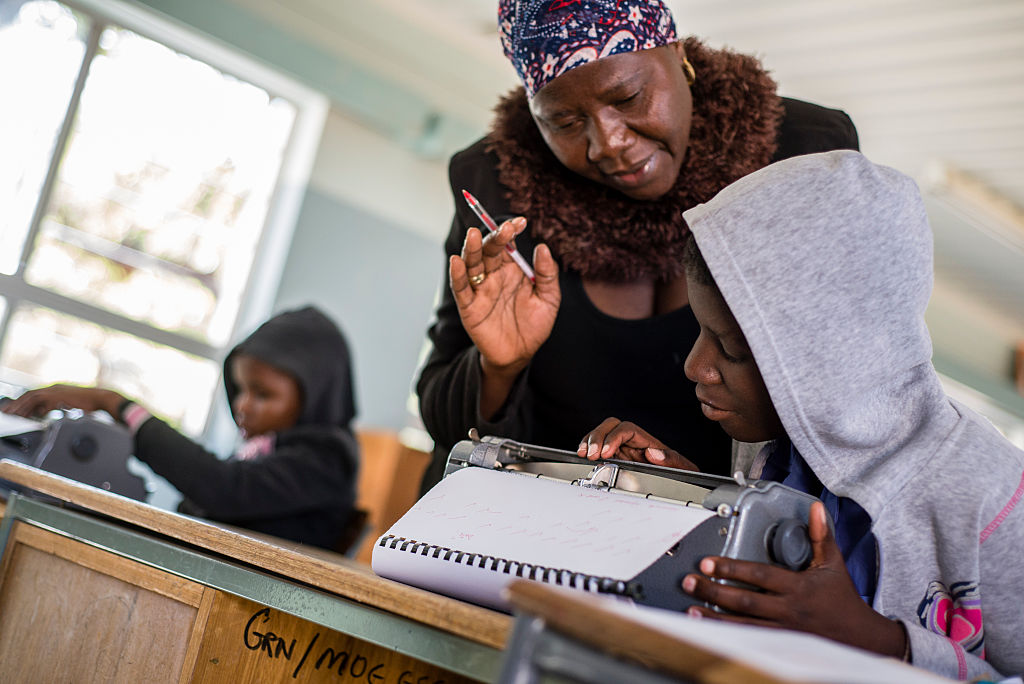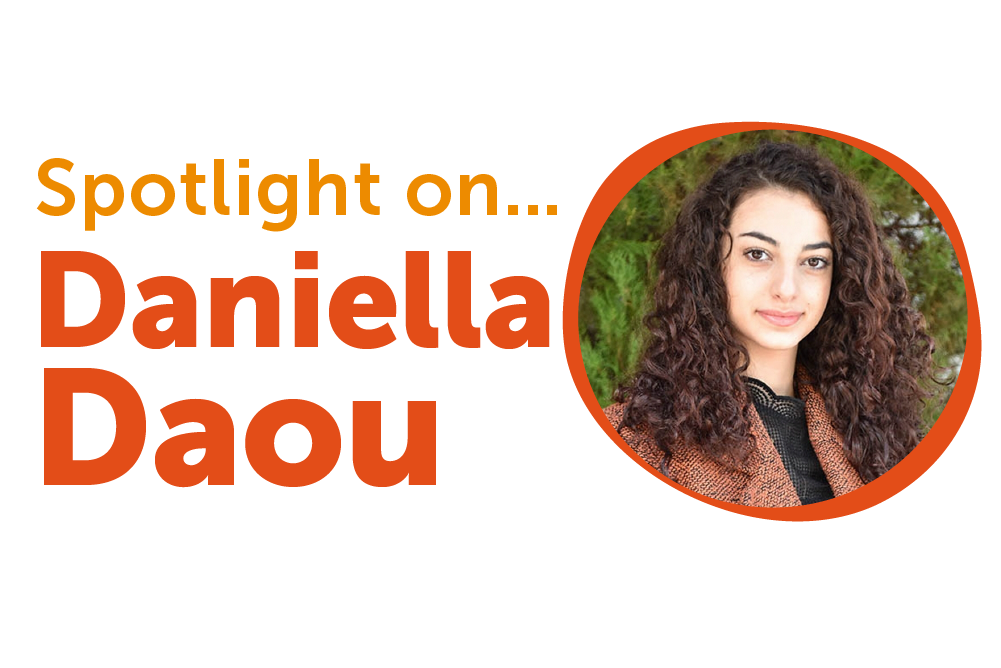Cracking the glass ceiling and educating girls with disabilities
Children with disabilities
Every year on October 11 the whole world celebrates the International Day of the Girl Child. There has been huge progress towards eradicating the myths and the challenges that come with being a girl, especially in Africa where patriarchy is entrenched.
But being a disabled girl leads to double discrimination. Girls and women of all ages with any form of disability are among the most vulnerable and marginalised in society. What is even worse is that girls with disabilities are denied access to education, which greases the wheels of the cycle of poverty that is common to being a woman with a disability.
The global literacy rate for adults with disabilities is as low as 3%. For women with disabilities it is just 1%, according to a United Nations Development Programme study. This statistic is not just heartbreaking. It is a reflection of denied opportunities for people with disabilities.
It takes me back to 17 years ago when I really wanted to go to school. I was born in an average family in rural Kenya. My friends would give me tales from their school lives and I was left wondering why I never got to go to school myself. I kept pestering my mother and one day she took me to a tailor who made me my school uniform. She later confessed to me that my older aunts had dissuaded her from taking me to school “until I got healed”, for in Africa disability is seen as an illness.
I was the leading student in the school. Despite being friendly and feeling normal, some other students were so cold towards me – and that made me feel different. Some refused to play with me while others felt that I should take care of their belongings while they played. Looking back my main regret from my younger years is not being able to play as I would have liked.
Things would get bad sometimes and I can imagine how many girls have gone through things like this. Teachers do not expect much from a disabled girl. Sometimes they question why parents even struggle to take them to school in the first place. The disabled girls who are not as strong end up giving up and so do the parents. And so the vicious cycle of disability and poverty continues.
My faith in education and my urge to move on led me to join a very good high school. In this struggle to excel I was shot a lot of times. Not by bullets, like Malala was by the Taliban, but by the negative attitudes of people towards me as a disabled girl. By the people who had minimal faith in my abilities to excel, and the people who thought that it was a waste of time for me to study. Sometimes I felt like they were right but I kept on looking ahead.
Fast forward to August 2013. I graduated with a degree in International Business Administration from a prestigious university in Nairobi. During my graduation I was saddened by the fact that I am probably among the few privileged 1% of women with disabilities who have been able to attain literacy levels.
Education for a disabled girl cannot be underestimated. It is a fundamental right that warrants universal access. It is also the golden key to poverty eradication for both the girl and her family. It is not uncommon to see very young disabled girls in the streets begging with small babies by their sides. This could be turned around if those girls had education and careers and, of course, access to sexual and reproductive health knowledge.,
This African proverb encapsulates this idea perfectly: “If we educate a boy, we educate one person. If we educate a girl, we educate a family – and a whole nation.”
As we celebrate the International Day of the Girl Child, let’s acknowledge that girls are not homogenous. Being disabled leads to double discrimination. I believe that through education, girls with disabilities can become the successful women they have the potential to be.
This blog was originally published on Wanja’s site.
More news

Technology has the power to expand education for children with disabilities
